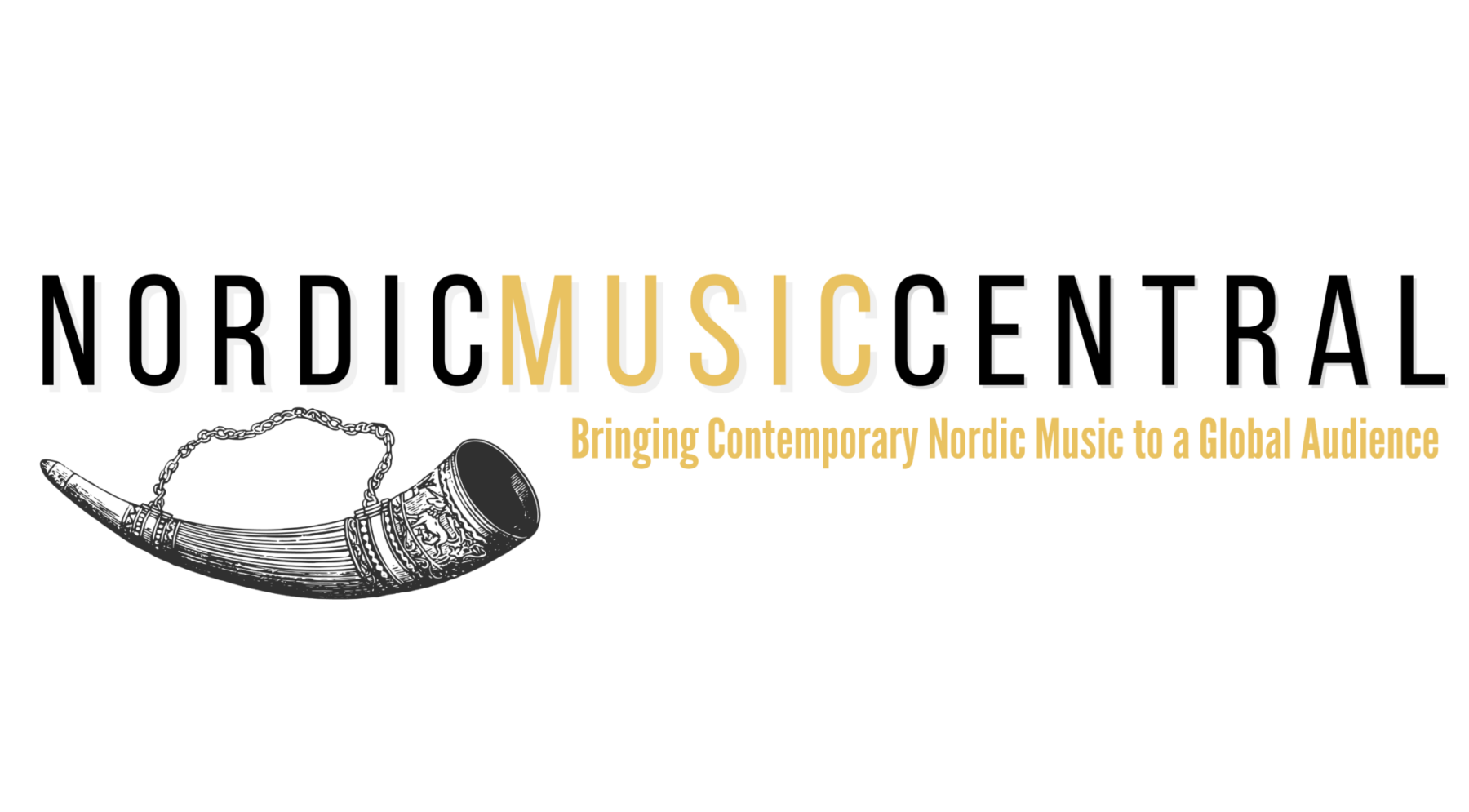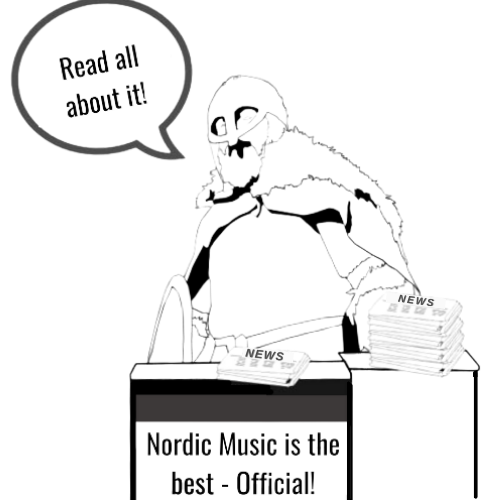I discovered this article by Helienne Lindvall on the business social website LinkedIn. As probably half the people reading this aren’t on LinkedIn (which has some pretty good music groups I have to say), I’m copying it here, verbatim.
The article seems to have arisen out of the despair felt by songwriters at the absolute absence of recognition of their work at the “primary” British music award ceremony, the BRITS, this year’s version of which took place last night.
Not without reason is it known as ‘the s***s’ in some quarters of the independent music supply chain, but I’m not going to go off at a tangent to discuss the merits or otherwise of that pejorative terminology.
I will add though (and I only discovered this last night) that originally the BRITS was going to be called the BRIANs. (British Record Industry Awards Night). You gotta laugh.
You might argue that songwriters can and do get recognised in other ways. They do to a limited degree at the Grammys for example, very much so at the Ivor Novello Awards and there is a Songwriters Hall of Fame.
In Sweden I’m assured that the music publishers started a songwriter award show 20 years ago, while the Swedish Grammis have a Best Composer Award and Best Lyricist.
The point is though, and it is very well made here by Ms Lindvall, that songwriters who are not performers themselves are in danger of becoming a dying species unless they can find both the recognition for their work and the financial reward.
And to see tables full of performers at the BRITS or anywhere else without a songwriter anywhere in sight is just plain weird.
If you are on LinkedIn and want to check out the original post on there, perhaps to make a comment, you can find it here: https://www.linkedin.com/feed/update/urn:li:activity:7169619841761415168/ (Sean Adams, Drowned in Sound).
And the original article is here: https://www.drownedinsound.org/why-dont-the-brits-value-songwriters/
Why don’t the BRITs value songwriters?
As I was watching the BRIT Awards from the rafters, last year, I got a text from a fellow songwriter and producer, whose song was nominated for Song of the Year. He was at his local pub, trying to drown his despair in beer. Despite having co-written one of the nominated songs and worked on several of the others, he had not been invited to the awards. Nowhere on the screens, nor in the press releases leading up to the awards – or even on the BRITs website – was his name mentioned. “I think I’m going to just pack it in,” he texted. “I’m just tired of being treated like I don’t exist, undervalued and underpaid.”
I scanned the room and realised that almost no non-performing songwriter had indeed been invited, and the only people mentioned on the list of Song of the Year nominees were the artists. Even the Grammy Awards, which only introduced an award for Songwriter of the Year last year, has always credited the songwriters of the Song of the Year. (This is only the third year the BRITs give an award for Songwriter of the Year and, so far, only Kid Harpoon was not also the artist). It’s the SONG of the year, not the Recording of the Year, so why do the BRITs insist on only crediting the performer?
Ponder this: without great songs, all you’d have is a bunch of musicians doing an improvisational jam on stage for two hours this Saturday night on primetime TV. The average number of writers on a top 40 song keeps growing. It’s currently around five. The streaming economy is a song economy. It’s songs that go viral on TikTok and are searched for on Shazam, and record labels are constantly searching for that song that will break their artist. Quincy Jones once told me: “It’s all about the song. You can have an average singer sing a great song – and it’ll be a hit. But you can’t have a hit with a great singer singing an average song.”
Yet those creating those songs are struggling – both financially and mentally. Though songwriters may spend weeks and months working with and developing the sound of an artist, they only get paid if the song is released – and, even then, they only get to share 15% of the record’s overall streaming revenue between them. There is no set streaming rate, but we’ve calculated that a million streams will earn you about £500 on Spotify, if you wrote 100% of the song and own your publishing. If divided according to the above average top 40 number of writers, a million streams would earn a writer less than £100, once the publisher takes their cut. Going to work as a songwriter has always been a bit of a lottery. The difference today is that your lottery ticket each day costs £30-£40 just in expenses (not counting the actual work and studio hire), but unless you hit the jackpot – a playlisted radio single – you won’t earn enough from that song to even cover those expenses. If you have to hire a babysitter, your budget is completely blown.
Songwriters are instructed to keep churning out songs, booking sessions with different artists every day and attending songwriting camps for specific artists, hoping that their song is selected out of the dozens of songs written. As one writer put it to me: “I feel like a milking cow.”
Nobody becomes a songwriter to be rich or famous. We do it for the love of music. But we want to be able to survive on our music, especially if our songs are listened to by hundreds of thousands, if not millions of people. And we want to be credited when we’ve written something that has moved all those people – and certainly if that song wins an award.
It takes “a village” to make a record. If compassion or respect for songwriters doesn’t sway the labels, perhaps an economic argument can. With the demise of physical records, we also lost the liner notes in the sleeves. If music fans are under the impression that a record is solely made by the artist, then it’s easier to fall for the argument that music should be free and artists can make money from merch and touring.
I often hear people in the music industry claiming that the BRITs is largely a promotional vehicle for major labels, though it can be argued that the most nominated artist this year only achieved this feat by leaving her major label. But the prevalence of reality show stars, both at the coveted floor tables and on stage, presenting awards (a fact that didn’t pass my non-invited songwriter friend by unnoticed), makes it look more like a TV entertainment show than a celebration of music.
I implore the BRITs to at least credit the songwriters for the song category. Meanwhile, to the artists that do win, please give a shout-out to the songwriters and producers who helped make your records, which in turn built your careers. It would make a huge difference to those writers to have their hard work acknowledged in public – even if they’re not invited to the party.
Helienne Lindvall (@Helienne) is a Swedish songwriter, former Guardian columnist, and is the President of the European Composer & Songwriter Alliance (ECSA), as well as the co-founder of the #PaySongwriters campaign.
She is a former Chair of the Songwriter Committee and Ivor Novello Awards & Board Director of the Ivors Academy, as well as Trustee of the Ivors Academy Trust.



